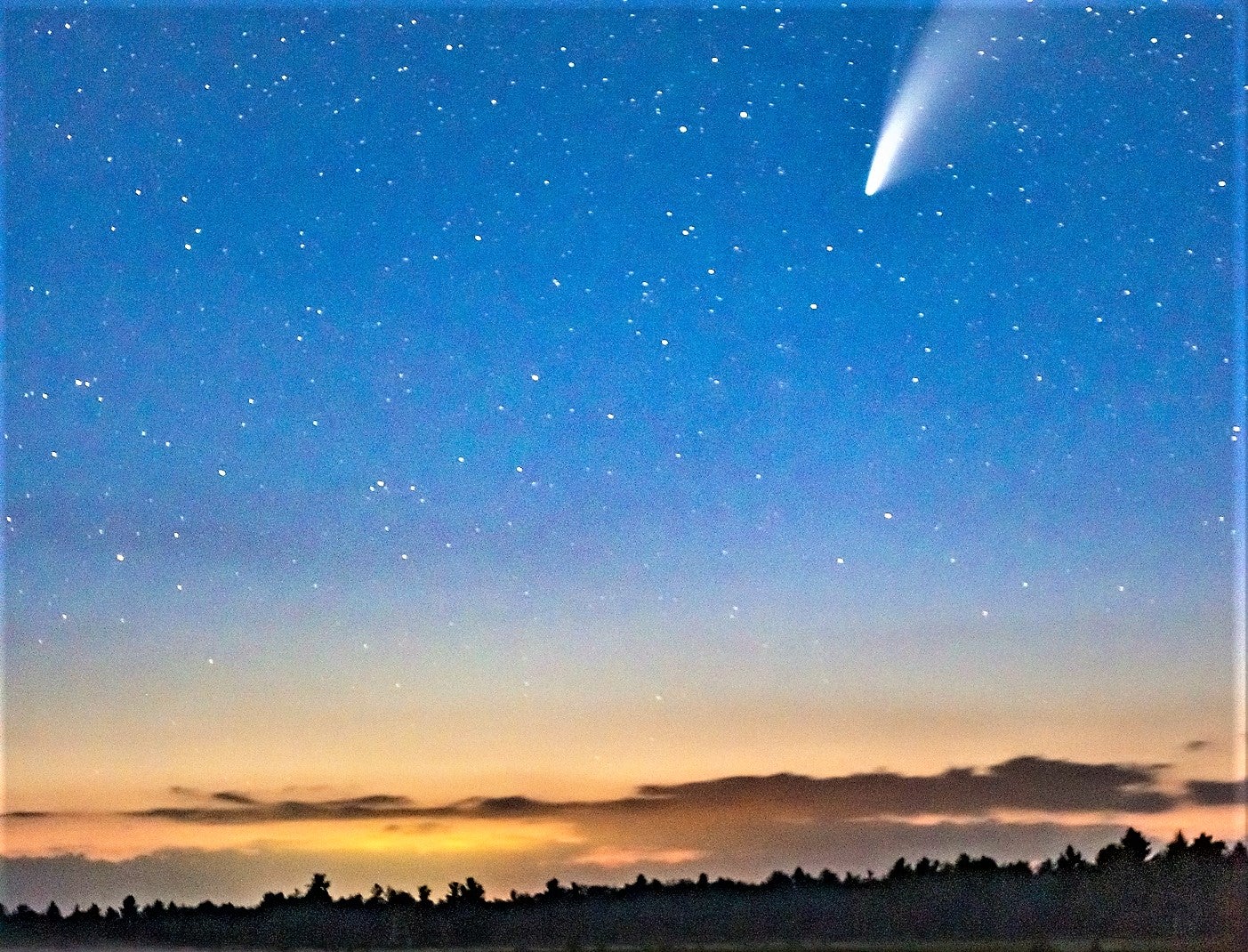Astronomers seek help hunting meteorite the size of an apricot that fell to Earth near Bordeaux
Space debris ‘contains information very valuable to scientists,’ says astronomer

Astronomers in France have asked for help tracking down an apricot-sized meteorite that fell to Earth somewhere on the outskirts of Bordeaux.
The space debris was captured burning through the atmosphere over the skies of southwestern France last Saturday at 10.43pm, and is estimated to weigh 150 grams.
“Meteorites are relics of the solar system’s creation, with the benefit of ever being exposed to the elements,” Mickael Wilmart, from the astronomical education association A Ciel Ouvert (Open Sky), told the news agency AFP.
“A cool meteorite like this, which fell just a few days ago, has not been altered by the Earth’s environment and therefore contains information very valuable to scientists.”
The size of the meteorite, and the area in which it could have fallen means it is “a bit like looking for a needle in a haystack”, Mr Wilmart said.
“We count on people to search their gardens or at the edge of a road, they could stumble upon that much desired stone.”
The astronomy association put out a call on social media for people to look out for the space rock, while posters have also been put up around the area where it is believed to be.
A similar hunt is also underway in the UK for a fragment of an asteroid that scientists believe landed somewhere in Gloucestershire on Sunday.
The majority of the meteor “fragmented a lot” during its flight, though some pieces smaller than an orange may be scattered on the ground, according to Dr Luke Daly of the UK Fireball Alliance.
“With this one, we think quite a few fragments probably reached the ground,” he said.
“If pieces landed, they are likely to have been on or just north of Cheltenham, out towards Stow-on-the-Wold. So most pieces are likely to be on farmland.”
Subscribe to Independent Premium to bookmark this article
Want to bookmark your favourite articles and stories to read or reference later? Start your Independent Premium subscription today.

Join our commenting forum
Join thought-provoking conversations, follow other Independent readers and see their replies